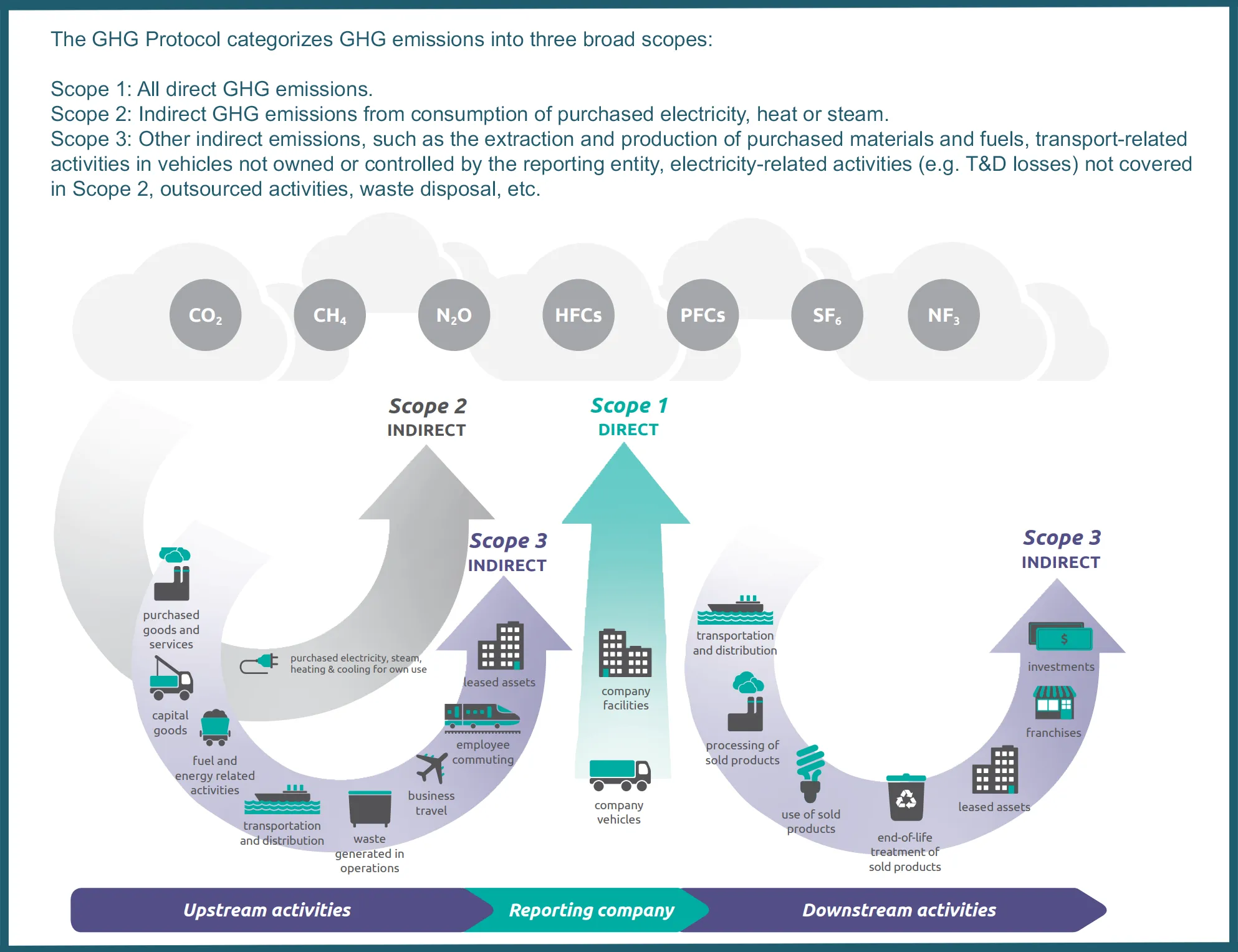Lorem ipsum dolor sit amet, consectetur adipiscing elit. Suspendisse varius enim in eros elementum tristique. Duis cursus, mi quis viverra ornare, eros dolor interdum nulla, ut commodo diam libero vitae erat. Aenean faucibus nibh et justo cursus id rutrum lorem imperdiet. Nunc ut sem vitae risus tristique posuere.
Many responsible dry bulk charterers measure and report emissions from their entire value chain. Reporting value chain emissions can be a puzzle, and chartering activities often represent a missing piece. Siglar keeps daily track of emissions from all shipping activities, regardless of ship type, size or freight contract, to help add that last piece to your puzzle.
Many dry bulk charterers have incorporated carbon emissions from their core operations, the so-called scope 1 emissions, into their accounting. We experience that value chain emissions, or scope 3 emissions, and especially emissions from inbound and outbound shipping, is a greater challenge. Some dry bulk charterers use a variety of ship types and sizes to transport both raw material and finished products, and access to comparable emissions data is scarce.
Shipping represents a major scope 3 emissions driver for industrial companies, as one voyage alone can emit thousands of tons of carbon. For example, a cape size ship on a round trip voyage between Brazil and Europe emits 11 000 - 14 000 tons of CO2.
To ease the reporting and comparing of emissions from chartering activities, the Siglar Carbon Monitoring & Reporting service keeps daily track of emissions from all shipping activities, regardless of ship type, size or freight contract (spot, time charter, own ships, etc.). Our data is fact-based and transparent, and our reports can be incorporated into any internal or external sustainability reporting.
Producers, customers, investors and regulators all demand increased climate efforts, and constantly updating company climate targets is crucial. The emissions data that we provide can be aggregated on a daily, weekly, monthly or yearly basis, making sure that emissions targets and strategies can be followed up continuously and changed whenever needed.
For many charterers reporting emissions is the first step towards reducing emissions. We therefore evaluate and benchmark the emissions performance of different ships to make sure you have the necessary emissions insight before you negotiate a new contract of affreightment or time charter contract. We also provide emissions estimates for specific ships and routes prior to spot chartering to make sure you can choose the more carbon efficient ship and ballast route. This is part of what we call the Carbon Efficient Chartering philosophy.

Many dry bulk charterers have incorporated carbon emissions from their core operations, the so-called scope 1 emissions, into their accounting. We experience that value chain emissions, or scope 3 emissions, and especially emissions from inbound and outbound shipping, is a greater challenge. Some dry bulk charterers use a variety of ship types and sizes to transport both raw material and finished products, and access to comparable emissions data is scarce.
Shipping represents a major scope 3 emissions driver for industrial companies, as one voyage alone can emit thousands of tons of carbon. For example, a cape size ship on a round trip voyage between Brazil and Europe emits 11 000 - 14 000 tons of CO2.
To ease the reporting and comparing of emissions from chartering activities, the Siglar Carbon Monitoring & Reporting service keeps daily track of emissions from all shipping activities, regardless of ship type, size or freight contract (spot, time charter, own ships, etc.). Our data is fact-based and transparent, and our reports can be incorporated into any internal or external sustainability reporting.
Producers, customers, investors and regulators all demand increased climate efforts, and constantly updating company climate targets is crucial. The emissions data that we provide can be aggregated on a daily, weekly, monthly or yearly basis, making sure that emissions targets and strategies can be followed up continuously and changed whenever needed.
For many charterers reporting emissions is the first step towards reducing emissions. We therefore evaluate and benchmark the emissions performance of different ships to make sure you have the necessary emissions insight before you negotiate a new contract of affreightment or time charter contract. We also provide emissions estimates for specific ships and routes prior to spot chartering to make sure you can choose the more carbon efficient ship and ballast route. This is part of what we call the Carbon Efficient Chartering philosophy.
